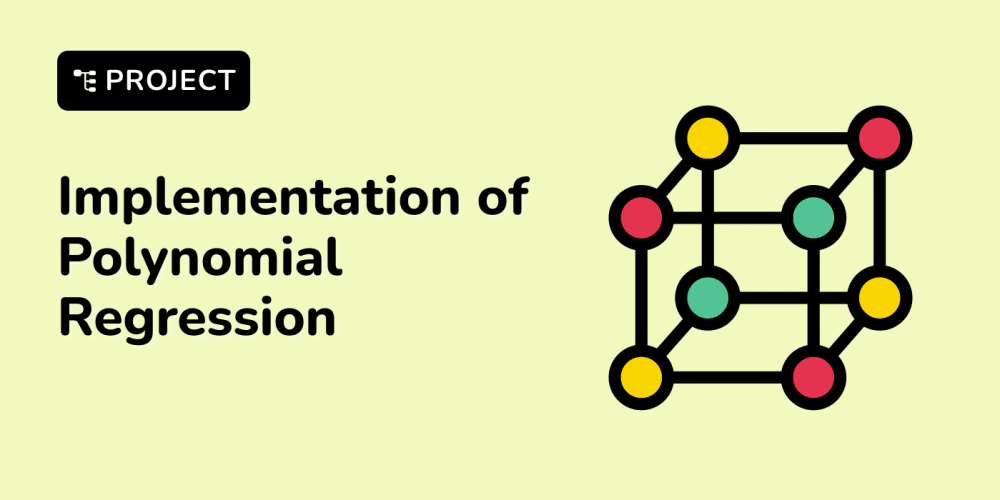Introduction to Type Conversion
Type conversion, also referred to as typecasting, is the process of converting a value from one data type to another. This is crucial in programming, as different operations require specific data types to execute correctly. Without type conversion, you could face errors, unexpected behavior, or even crashes in your programs.
Importance of Type Conversion in Programming
Why is type conversion so important? It’s because it allows for seamless interaction between different data types. For example, if you're adding an integer to a float, the system must convert one of these values to match the other. Without this, the operation would fail or produce incorrect results. Therefore, type conversion isn’t just a technical necessity; it's a critical skill for developing robust, error-free software.
Types of Type Conversion
There are two main types of type conversion:
Implicit (automatic)
Explicit (manual)
Implicit Type Conversion (Type Coercion)
Implicit type conversion, also known as type coercion, occurs when the programming language automatically converts one data type to another. This type of conversion happens without any explicit instruction from the programmer.
- How Implicit Conversion Works: For instance, in arithmetic operations, if you try to add an integer and a float, the integer might be converted to a float automatically to ensure the operation works correctly.
- Examples of Implicit Conversion in Different Languages: In JavaScript, the expression 5 + "5" results in the string "55", as the number 5 is coerced into a string.
Explicit Type Conversion (Type Casting)
Explicit type conversion, or type casting, is where the programmer manually converts one data type to another. This gives more control over the conversion process.
- Understanding Explicit Conversion:For example, in Python, you might use the int() function to convert a float to an integer.
- Examples of Explicit Conversion in Different Languages: In Java, (int) 3.14 explicitly converts the float 3.14 to the integer 3.
Why Type Conversion is Essential for Programmers
Type conversion helps prevent errors and bugs by ensuring that operations are performed with compatible data types. It also enhances code readability and maintenance, making it easier for developers to understand the flow of data through their programs.
Common Scenarios for Type Conversion
Type conversion is a common requirement in various scenarios, such as:
- Arithmetic Operations: Ensuring numbers are of compatible types to avoid runtime errors.
- String Concatenation: Converting numbers to strings to concatenate them correctly.
- Data Type Compatibility in Functions and Methods: Ensuring the correct data types are passed to functions to prevent exceptions.
How Different Languages Handle Type Conversion
Different programming languages handle type conversion in unique ways:
- Python: Python is dynamically typed, which means it automatically handles type conversion in many cases, such as in arithmetic operations.
- JavaScript: JavaScript frequently uses implicit conversions, which can sometimes lead to unexpected results if not properly handled.
- Java: Java is a strongly typed language, requiring explicit type casting in most cases to ensure type safety and reduce errors.
Conclusion
Type conversion is a critical concept in programming, ensuring data is correctly and safely manipulated across different data types. Understanding both implicit and explicit conversion techniques is essential for writing efficient and error-free code.
FAQs
1. What is type coercion in programming?
Type coercion is an implicit conversion where the language automatically converts one data type to another.
2. Why is explicit type conversion necessary?
Explicit conversion controls how and when data types are converted, reducing the risk of errors and ensuring the correct outcome.
3. What are some common scenarios where type conversion is required?
Common scenarios include arithmetic operations, string concatenation, and ensuring compatibility in function arguments.
4. How do different programming languages handle type conversion?
Languages like JavaScript handle conversion implicitly, while languages like Java require explicit casting.
5. Can type conversion affect program performance?
Yes, improper or frequent type conversions can affect performance, especially with complex or large data types.



















